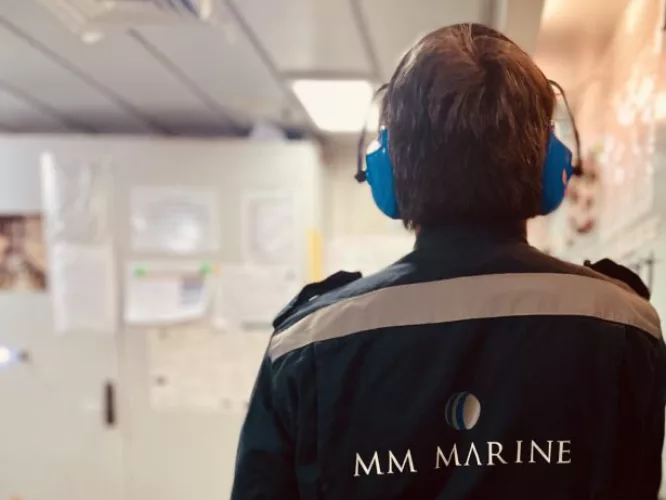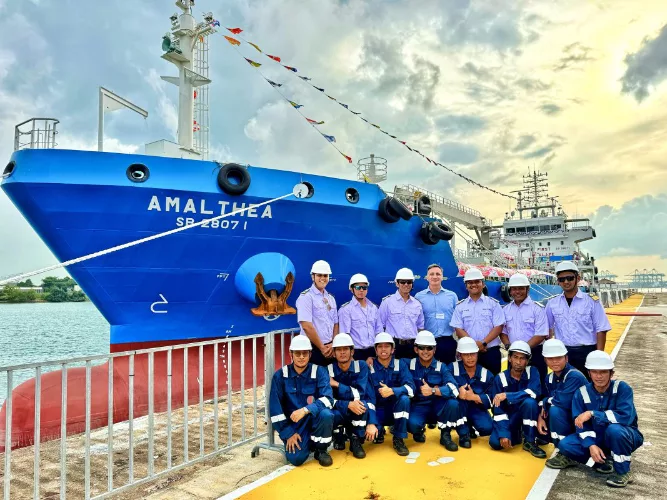Governance
Risk & opportunity oversight
At Mercuria, we understand the importance of assessing and navigating our risks and seizing opportunity to succeed in both achieving our sustainability goals and long-term value for our stakeholders.
In this section, we explain the comprehensive approach we take for risk and opportunity management, outlining our definitions, frameworks and our dedicated teams’ efforts in this aspect.
We define risk as the potential for adverse effects on our business, including financial, reputational and operational concerns, and opportunity as the potential positive impacts, including financial gains, increased efficiency and innovation.

We recognize that risks and opportunities are interrelated, demanding a holistic approach to their identification and management. We discuss more about Mercuria’s risks and opportunities and their relation to climate change in the TCFD Reporting section.
Effective risk and opportunity management are fundamental to our business’s success and sustainability. Unmanaged risks can lead to financial losses, reputational damage and legal repercussion, while missed opportunities can translate to lost revenue and a weakened competitive edge. By actively mitigating potential losses and capitalizing on opportunities, we aim to generate long-term value for our stakeholders.
Our risks include:
- Climate change risk: We address both physical risks – like changes in weather patterns or sea levels – and transitional risks associated with the energy transition, such as evolving regulations or consumer preferences.
- Compliance risk: Failing to comply with industry laws, internal policies, or best practices poses “integrity risk” that necessitates meticulous governance.
- Supply chain risks: The supply chain risks in trading arise from human rights and sanction-related challenges inherent in global operations, exposing us to regulatory, ethical and reputational vulnerability
- Credit risk: The potential for borrowers or counterparties to default demands careful assessment and mitigation strategies.
- Environmental, Social, and Governance (ESG) Risk: We take ownership of the impact our business practices have on the environment, society, and our own governance structures.
- Market risk: Fluctuations in interest rates, exchange rates, and asset prices require constant vigilance and proactive management.
- Operational risk: The effectiveness and efficiency of our internal processes, systems, and controls are constantly evaluated and optimized.
- Reputational risk: We safeguard our public image by adhering to ethical practices and transparent communication.
Mercuria’s risk management function operates with independent oversight, collaborating closely with the management team, trading desks, investment teams and technology departments across all locations. Embedding risk management within each business unit reinforces processes and ensures seamless collaboration. Our specialized risk management teams work together with business units to identify, assess and manage risks and opportunities. These teams are responsible for developing and implementing risk management strategies, policies and procedures, as well as monitoring and reporting on risk exposures.
Our approach to risk and opportunity management is both proactive and integrated. It sits at the heart of our sustainability strategy and drives our commitment to responsible business practices. We firmly believe that by effectively navigating this dynamic landscape, we can create lasting value for our stakeholders and contribute to a more sustainable future for all. We already see the effect of climate change on our product portfolio, with a shift from oil and gas products to a portfolio that includes environmental products and products critical for the energy transiton.
Reporting areas
Governance
Planet
People
Prosperity




